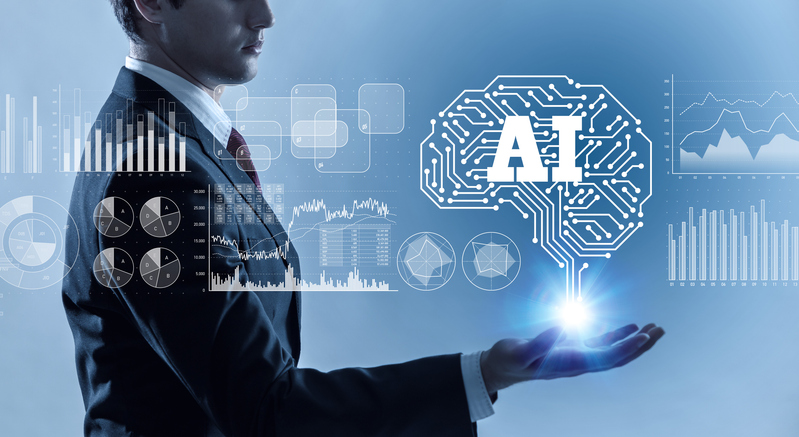
In the landscape of technological innovation, two disciplines, cognition and economics, play integral roles in shaping the development and application of artificial intelligence (AI). Understanding the intersection of cognition and economics provides valuable insights into how AI systems are designed, deployed, and utilized in various industries and sectors.
Cognition: The Foundation of Human Intelligence
Cognition refers to the mental processes involved in acquiring, processing, and applying knowledge. It encompasses a wide range of activities, including perception, memory, reasoning, problem-solving, and decision-making. At its core, cognition is what enables humans to understand their environment, learn from experiences, and adapt to changing circumstances.
The study of cognition delves into understanding the mechanisms underlying these mental processes, drawing upon insights from philosophy, psychology, linguistics, neuroscience, and computer science. By unraveling the complexities of human cognition, researchers seek to replicate and simulate these processes in artificial systems, giving rise to the field of artificial intelligence.
Economics: The Science of Resource Allocation
Economics, on the other hand, is the study of how societies allocate scarce resources to satisfy unlimited wants and needs. It encompasses the analysis of production, consumption, distribution, and exchange of goods and services. Economics explores the behavior of individuals, firms, and governments in decision-making processes related to resource allocation and the optimization of utility or profit.
In the context of AI, economics plays a significant role in understanding the incentives, costs, and benefits associated with the development and deployment of intelligent systems. Economic principles guide decision-making processes regarding investments of AI research and development, as well as the adoption of AI technologies in various sectors of the economy.
The Intersection of Cognition, Economics, and Artificial Intelligence
The intersection of cognition, economics, and artificial intelligence represents a dynamic interplay between human intelligence, technological innovation, and economic systems. AI technologies leverage insights from cognitive science to replicate and automate human-like intelligence, enabling machines to perceive, learn, reason, and make decisions like humans.
From an economic perspective, AI introduces new opportunities and challenges in resource allocation, productivity enhancement, and market dynamics. AI-powered systems can optimize production processes, improve efficiency, and create new products and services, leading to economic growth and prosperity. However, the widespread adoption of AI also raises concerns about job displacement, income inequality, and ethical considerations related to privacy, bias, and accountability.
Influence of Cognition and Economics on AI
Cognition and economics influence the development and application of AI in several ways:
- Algorithmic Design: Cognitive insights inform the design of AI algorithms that mimic human cognitive processes, such as neural networks for pattern recognition and machine learning algorithms for decision-making.
- Market Dynamics: Economic principles guide the deployment of AI technologies in markets, shaping incentives for innovation, competition, and regulation. The economics of information and incentives play a crucial role in the design of AI-based platforms and business models.
- Behavioral Economics: Understanding human cognition and decision-making biases informs the design of AI systems that nudge users toward desirable behaviors, such as personalized recommendations, adaptive interfaces, and behavioral interventions.
- Labor Markets: Economic considerations influence the impact of AI on labor markets, including the automation of routine tasks, the creation of new job opportunities, and the retraining of the workforce to adapt to technological changes.
Conclusion
Cognition and economics are fundamental disciplines that shape the development and deployment of artificial intelligence. By leveraging insights from cognitive science and economic theory, researchers and policymakers can harness the potential of AI to enhance productivity, improve decision-making, and address societal challenges. However, it is essential to recognize the ethical, social, and economic implications of AI and ensure that its benefits are distributed equitably across society. Interdisciplinary collaboration between cognitive scientists, economists, technologists, and policymakers is crucial for realizing the full potential of AI while mitigating its risks.
Like what you read? Download this article here.
